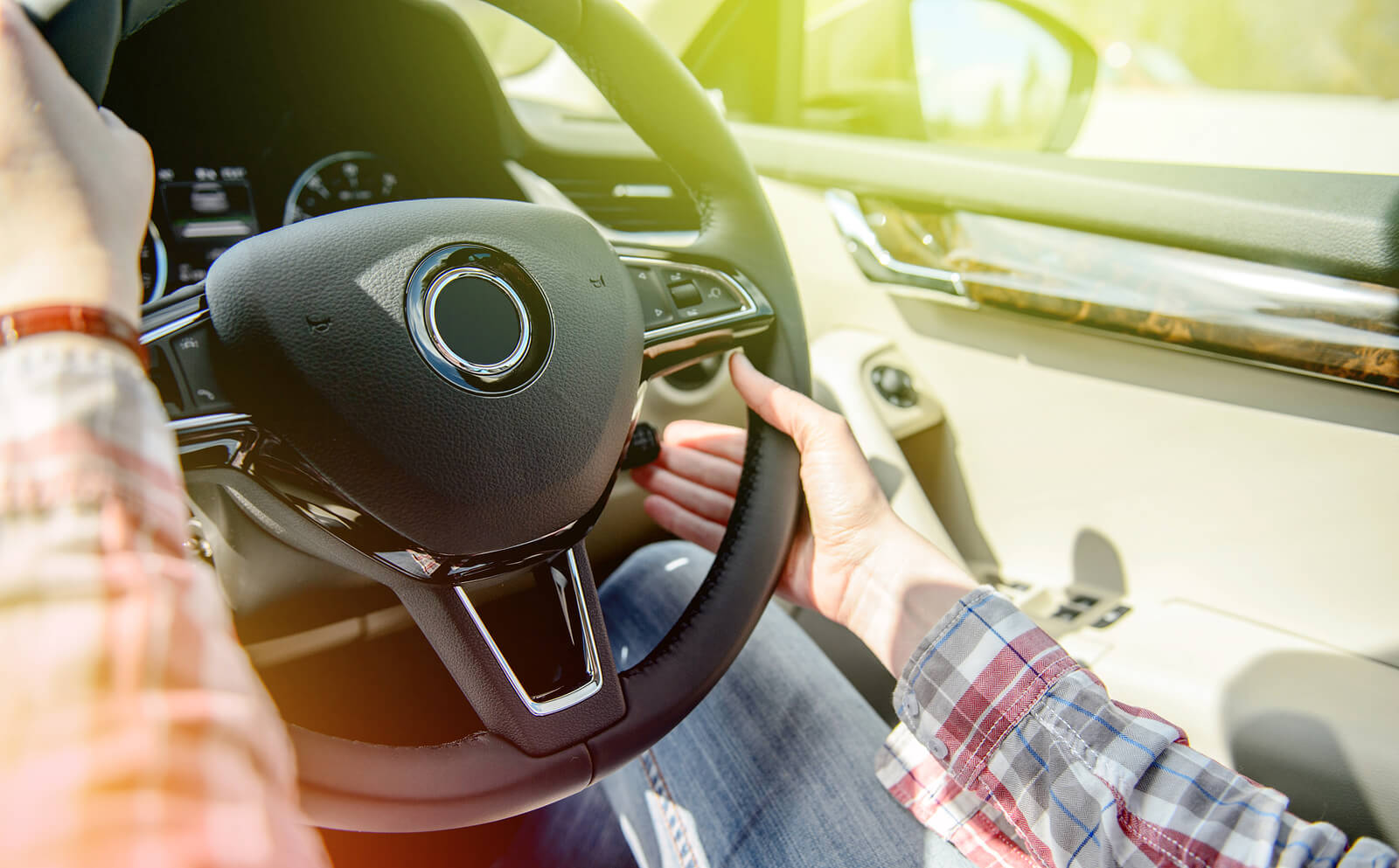It’s not long until the clocks ‘spring forward’ an hour and we officially welcome British Summer Time (BST) (it’s March 20, just in case you’d forgotten).
The arrival of ‘summer’ is a welcome change for many people, providing us with more hours of natural daylight in the evenings. For some, this change can encourage them to get active and engage in outdoor activities, whereas others enjoy the extra hours of daylight by socialising with friends. Despite these positives, daylight saving time can also lead to accidents and problems on the roads. In fact, out of several studies determining the impact of BST on road traffic collisions, injuries and fatalities, several studies reported an increase in collisions during daylight saving time.
Lack of Sleep
The main cause of the increase in road traffic collisions is largely attributed to sleep disruption. When the clocks go forward, people lose an hour of sleep. While this can seem trivial, following a report published by the UK’s Mental Health Foundation, the UK as a whole is considered to be affected by insomnia and poor sleep with 30% of the survey participants being severely sleep deprived and a mere 38% of respondents being classified as ‘good sleepers’.
While having more daylight during your evening commute can be motivating and pleasant, it doesn’t make up for the hour of sleep that you miss initially. Sleep deprivation is a common cause of driving accidents with the effects of fatigue and tiredness being thought to play a part of up to 60% of road accidents. Many people can find it hard to adjust to earlier sleeping times and suffer as a result. By losing an hour of sleep, researchers have shown that in the following days after the ‘spring forward’ period, car accidents are known to increase.
Visibility
While the sun is setting at a later time, the sunrise similarly occurs at a later time when a majority of people are commuting in the morning meaning that visibility can be impacted. In fact, visual reaction times are noticeably longer under low visibility conditions than under optimal visibility conditions.
So what can you do to ensure you stay as safe and alert as possible:
- Get your sleep – make sure you counter the clock change into your routine a couple of days before and try going to bed slightly earlier, to start a new routine.
- Bring the sunnies along – sunglasses can really help with visibility when trying to avoid glare from the sun. Make sure you pack yours ready for that early morning ride.
- Don’t rush – leave slightly earlier to give yourself more time.
- Be alert – and by that we mean more alert than usual. There are likely to be more hazards on the road, in the form of pedestrians, animals and cyclists for you to look out for.
These are just a few tips that can help you to be a safer driver in the changing conditions. If you still don’t feel confident, you can also take Pass Plus or other advanced driving courses that can provide some experience. Alternatively, you can also ask a more experienced driver to help you to practice driving at this time of day, until you feel ready to do it alone.
Lastly, just in case the unfortunate does happen make sure you’re prepared by reading our guide on what to do if you have an accident.
